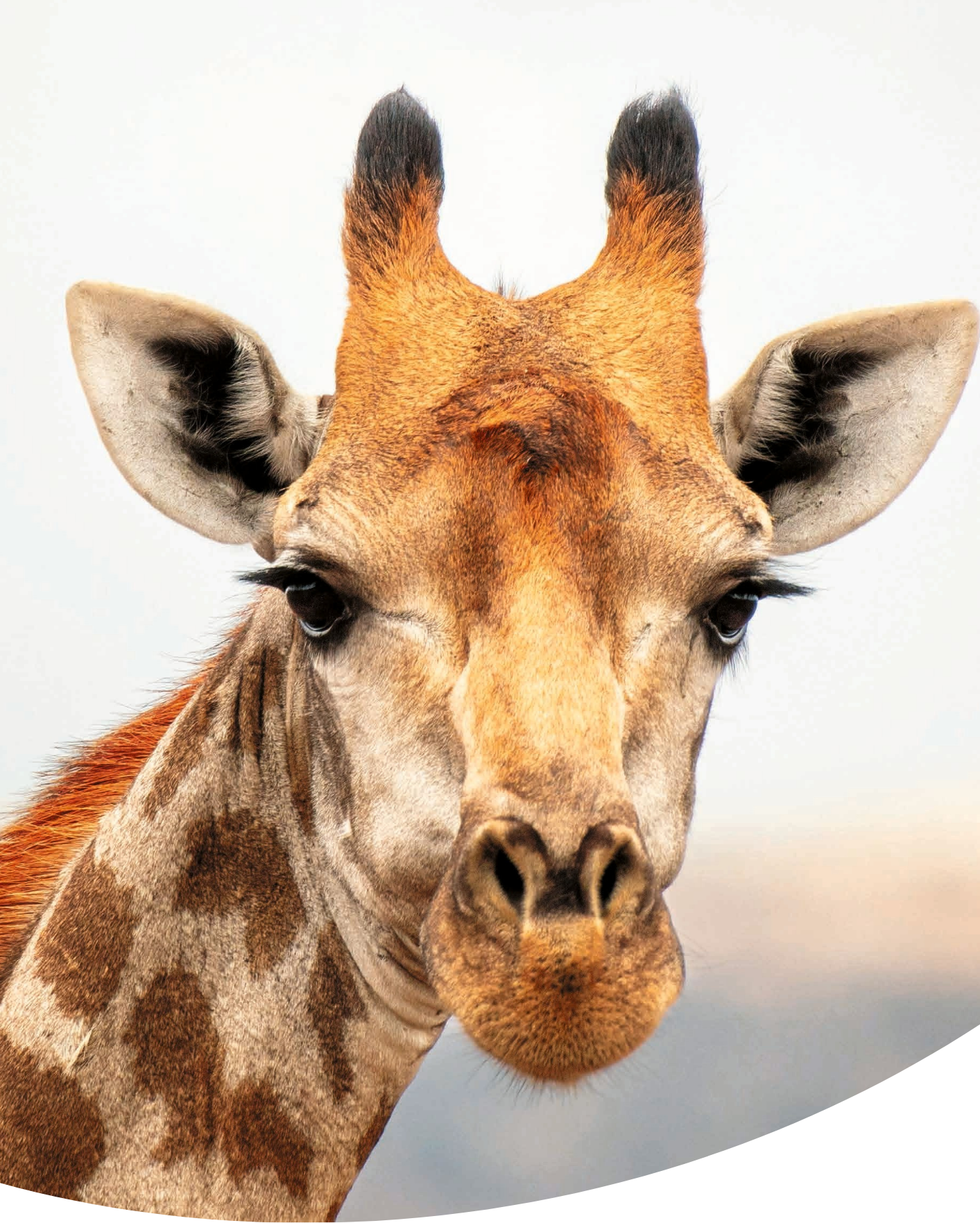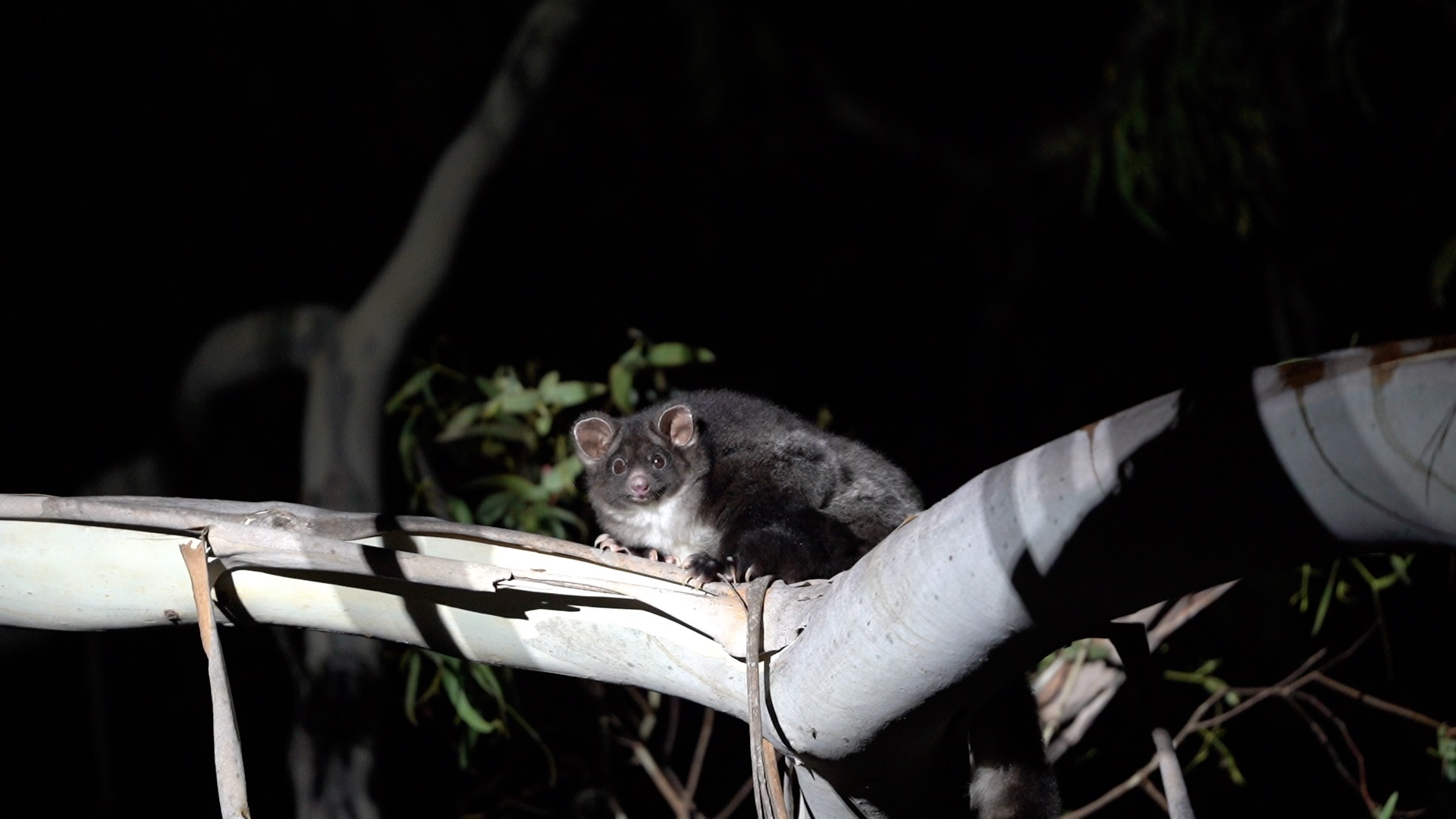Find out more about our work on federal environment reforms, the recent victory in protecting whale sharks, an update on our partner projects and lots more.
Did you know…
Albatross can have wingspans of up to 3.5 metres? That’s the largest wingspan of any bird!
Or that albatross mate for life (and have been known to live well into their 60’s)?
Albatross also spend 80% of their life at sea, sometimes not touching land for several years at a time.
Maybe you have already heard those things about albatross. But did you know that up to 40,000 albatross and petrels are killed in the Southern Ocean every year?
We are so lucky in Australia to have 20 of the 22 species of albatross frequent our oceans, but sadly all 20 of these are now listed as threatened. The severe impacts of longline fishing has made a large contribution to this heartbreaking decimation of albatross populations.
Longline fishing is a fishing technique that uses one main fishing line with baited hooks attached at intervals with shorter lines. Albatross are attracted to the bait on the hooks as the longlines are set, and get caught and unfortunately drown.
This harmful practice is responsible for the deaths of up to 40,000 albatross and petrels a year in the Southern Ocean. That’s up 40,000 birds leaving behind their life partners and their chicks, sitting in their nests unable to fly, waiting on their parent’s return with the food they need to survive. Every. Single. Year.
But there are simple solutions to this problem. Setting fishing lines at night and using weighted lines to ensure baited hooks sink more quickly out of the reach of birds are the most effective and readily enforceable measures to prevent albatross deaths. Fisheries can also use bird scaring lines, which are long streamers which are flown either side of the fishing line to deter seabirds from flying too close to the line and keep them away from the hooks.
Humane Society International has been calling for these measures at international forums for many years but to date our efforts to get binding measures in place have been frustrated by a lack of political will in some countries.
We are not giving up our fight to protect these incredibly special seabirds, and you can support our work to protect sea animals from the persistent threat of bycatch by making a donation.


